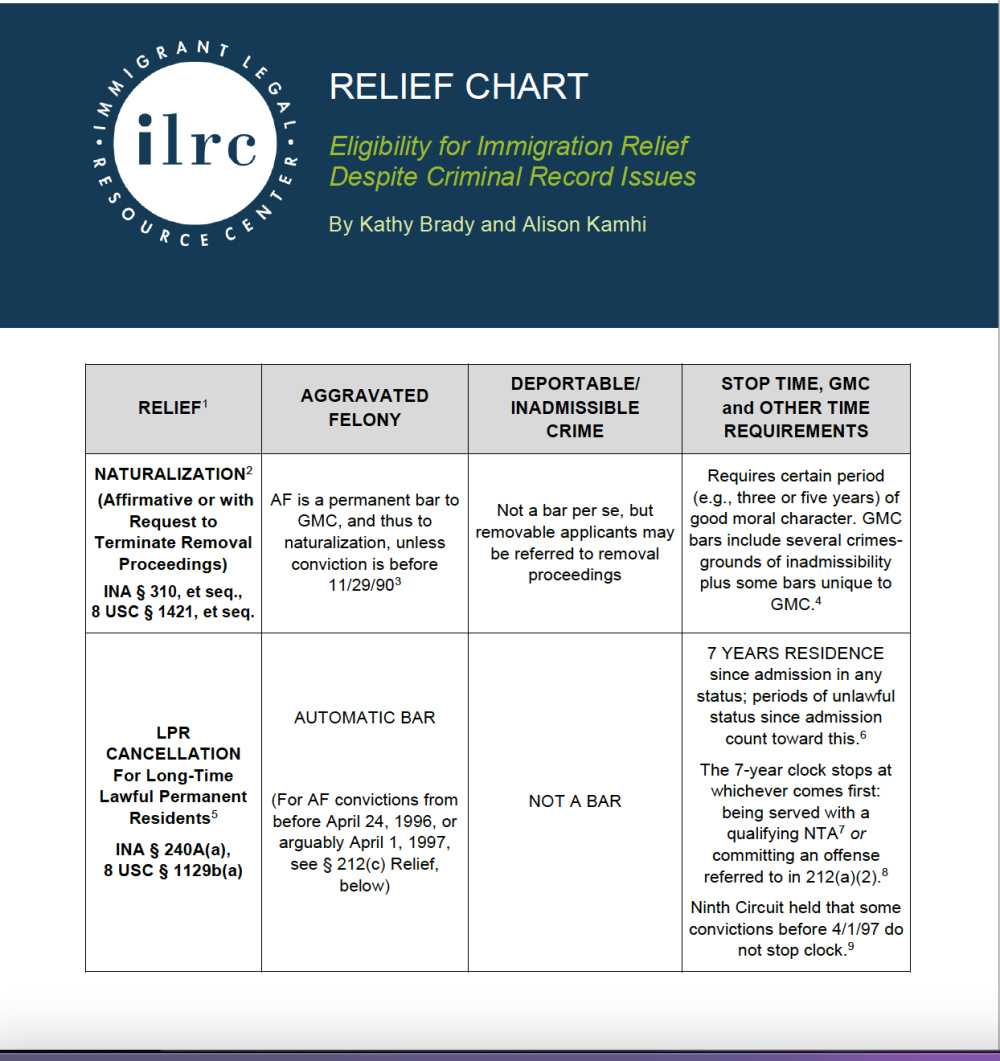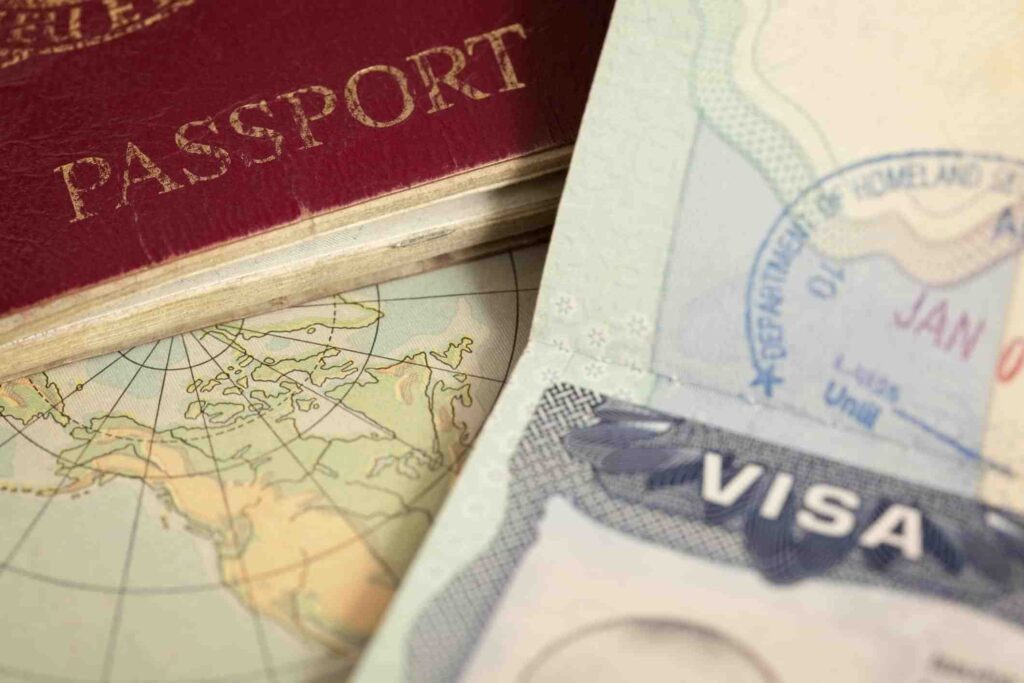

Your criminal record can significantly impact your visa eligibility. A criminal record, regardless of its nature or severity, can pose obstacles for obtaining various visas. A thorough understanding of visa guidelines and the impact of a criminal record is paramount for a successful visa application. This guide delves into the complexities, exploring the nuances of visa eligibility, and outlining the steps to navigate potential hurdles. This comprehensive guide will cover everything from understanding different visa types to navigating the specific implications of a criminal record for each type. We’ll discuss what constitutes a disqualifying offense, and how you can potentially mitigate the impact on your application.
Understanding Visa Types and Their Specific Requirements
Various Visa Categories and Their Implications
Visa applications vary greatly depending on the country and the purpose of the trip. A business visa, for instance, is processed differently than a tourist visa. Each visa type has its unique set of requirements, including residence permits, financial standing, and past travel history.
Factors Beyond the Criminal Record
Applicants must also meet other criteria to qualify for a visa. Examples include health requirements, sufficient financial resources, and the applicant’s ability to support themselves during their stay in the host country. A comprehensive understanding of these nuances will significantly aid the applicant in navigating the visa application process.
Impact on Visa Processing Time
The processing time for a visa application can be significantly impacted by a criminal record, as immigration authorities often scrutinize these cases more thoroughly. This can lead to delays in the approval or denial process. The processing time varies depending on the individual case and the specific visa type.
Seeking Professional Legal Counsel
Consulting with an immigration lawyer can greatly improve the applicant’s chances of a successful visa application. Immigration laws are intricate and complex. An experienced legal professional will have the knowledge to effectively guide the applicant, ensuring they meet all requirements and understand the potential outcomes. This professional counsel can be invaluable in navigating the intricacies of the application process.
Importance of Complete and Accurate Documentation
Completing the application forms accurately, and providing all necessary documents, including police clearances or relevant court records, is crucial. A thorough and precise application significantly decreases processing delays and improves chances of approval. Incomplete or inaccurate information may result in significant delays or rejection.
The Impact of Different Criminal Records on Visa Applications
Varying Degrees of Impact
The impact of a criminal record on visa eligibility is often dependent on the nature and severity of the offense, as well as the specific country’s immigration policies. Some offenses, such as violent crimes or drug trafficking, may immediately disqualify an applicant. Other minor offenses, such as traffic violations or petty theft, may have a lesser impact, but it is essential to evaluate the specific circumstances.
How Different Jurisdictions Interpret Offenses
Laws and legal interpretations of criminal offenses vary across jurisdictions. A crime in one country may not be considered a serious offense in another. Understanding the specific interpretation of an offense in the host country is critical during the application process.
Mitigation Strategies for Applicants with a Criminal Record
While a criminal record often presents challenges, potential mitigation strategies exist. These strategies include providing evidence of rehabilitation, such as completion of community service or substance abuse programs. Evidence of genuine remorse and a commitment to avoiding future criminal activity are important factors in demonstrating rehabilitation.
Disclosure Requirements and Transparency
Disclosing any criminal record is crucial to the application process. Applicants must be transparent about their criminal record when applying for a visa. Hiding or misrepresenting information can have severe consequences and might lead to rejection of the application. A transparent approach is paramount for positive outcomes.
Role of Immigration Professionals
An immigration lawyer can provide valuable assistance in navigating the implications of a criminal record. An immigration professional will guide applicants on how to effectively address any concerns and craft a compelling narrative that mitigates potential risks.
Specific Visa Types and Criminal Record Implications
Tourist Visas and Criminal Histories
For tourist visas, a minor criminal record may not present significant hurdles. However, serious criminal offenses can result in visa denial. The individual circumstances and the nature of the offense will be meticulously considered.
Business Visas and the Applicant’s Credibility
Business visas require substantial evidence of the applicant’s good character and reliability. A criminal record can severely impact credibility, potentially leading to denial. Mitigation strategies will be key in this scenario.
Student Visas and Academic Integrity
Student visas often prioritize the applicant’s academic record and integrity. A criminal record, particularly those relating to dishonesty, plagiarism, or similar offenses, could impact the applicant’s eligibility.
Impact of Criminal Records on Temporary and Permanent Residency
Any criminal record can severely impact temporary or permanent residency applications. Immigration authorities examine the nature of the offense and the applicant’s overall character.
Seeking Professional Legal Guidance
Seeking expert legal advice is crucial for understanding the unique implications of a criminal record for each visa type. Specific cases and considerations require careful assessment by experienced legal professionals.
Strategies to Navigate Visa Challenges
Timelines and Documentation
Understanding the specific visa application timelines is vital. The thorough and accurate documentation, including evidence of rehabilitation, is crucial.
Presenting a Compelling Narrative
The applicant should present a compelling narrative about their past, demonstrating remorse, rehabilitation, and future intentions. This can significantly influence the decision-making process.
Utilizing Legal Representation
Consulting with an experienced immigration lawyer is vital to navigating the intricacies of visa applications, particularly when a criminal record is present.
Understanding Local Laws and Regulations
Thorough research on local laws and regulations pertaining to the visa application process is essential.
Evidence of Rehabilitation
Evidence of rehabilitation, such as community service, counseling, or other programs, can be presented to support the applicant’s case.
Case Studies and Examples
Case Study 1: Visa Denial Due to Theft
A recent case involved a student visa application denied due to a past theft conviction. The applicant’s application did not include evidence of rehabilitation or address the implications of the conviction.
Case Study 2: Successful Visa Application Despite a Minor Offense
A different case involved a business visa application where the applicant successfully mitigated the negative impact of a minor traffic violation by providing evidence of rehabilitation, such as a completion of a driving course and clean driving record following the violation.
Case Study 3: Visa Approval Through Professional Representation
A recent case involved a successful visa application for a professional applicant with a criminal record. The applicant was well represented by an immigration lawyer who skillfully presented a compelling narrative highlighting the applicant’s rehabilitation and future intentions.
General Case Considerations
These case examples illustrate how circumstances influence outcomes. There are specific criteria and nuances to be considered when applying for various visas.
Contacting an Attorney
Contact a qualified attorney to understand your options based on your situation.
In conclusion, a criminal record can significantly impact visa eligibility. Understanding the specific criteria and procedures involved is crucial for navigating the process effectively. Before applying for any visa, consult with an immigration lawyer specializing in visa matters to get personalized advice based on your individual circumstances. This proactive approach will help you make informed decisions and increase your chances of a successful application. Contact a qualified immigration professional for personalized guidance on your visa application journey.